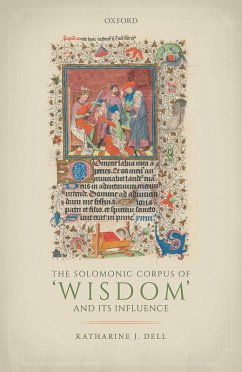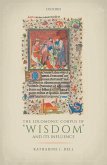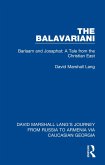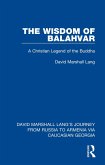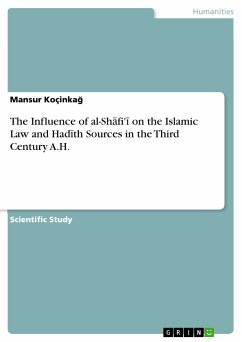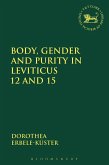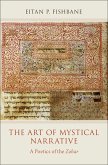Solomon is the figurehead who holds the family of 'wisdom' texts together. In this study, Katharine Dell argues that a core of Proverbs and Ecclesiastes forms the inner sanctum of the 'Solomonic wisdom corpus', with the Song of Songs as a close relative, but Job at one remove. Proverbs, Ecclesiastes, and the Song contain attributions to Solomon and demonstrate key 'wisdom' connections. Solomon is also portrayed as an idealized character in the narratives about him in 2 Sam. 24-1 Kings 11. He is the embodiment of wisdom, thus linking both the narrative portrayal and canonical memory of his significance. His connections with Egypt and Sheba shed light on how Solomon gained his reputation for wisdom, as do the roles in his court for scribes, sages, and seers. Formative wisdom themes, notably that of God as creator, characterize the book of Proverbs and also influenced certain 'wisdom psalms' and the prophets Isaiah and Jeremiah, texts which share links to wisdom ideas and contexts. For these prophets criticism of 'the wise' is a key concern. Dell introduces an intertextual method to open up fresh possibilities of ranging together different texts alongside the Solomonic corpus, without the constraints of probing literary or historical linkages: Ruth is considered with Proverbs, Genesis 1-11 with Ecclesiastes and the wider theme of gardens and water in the Hebrew Bible with the Song of Songs. While Solomon probably had very little to do with such readerly text-play, Dell's argument in The Solomonic Corpus of 'Wisdom' and Its Influence is that he is the lynch-pin that holds 'wisdom' in its core texts and wider family together.
Dieser Download kann aus rechtlichen Gründen nur mit Rechnungsadresse in A, B, BG, CY, CZ, D, DK, EW, E, FIN, F, GR, HR, H, IRL, I, LT, L, LR, M, NL, PL, P, R, S, SLO, SK ausgeliefert werden.

